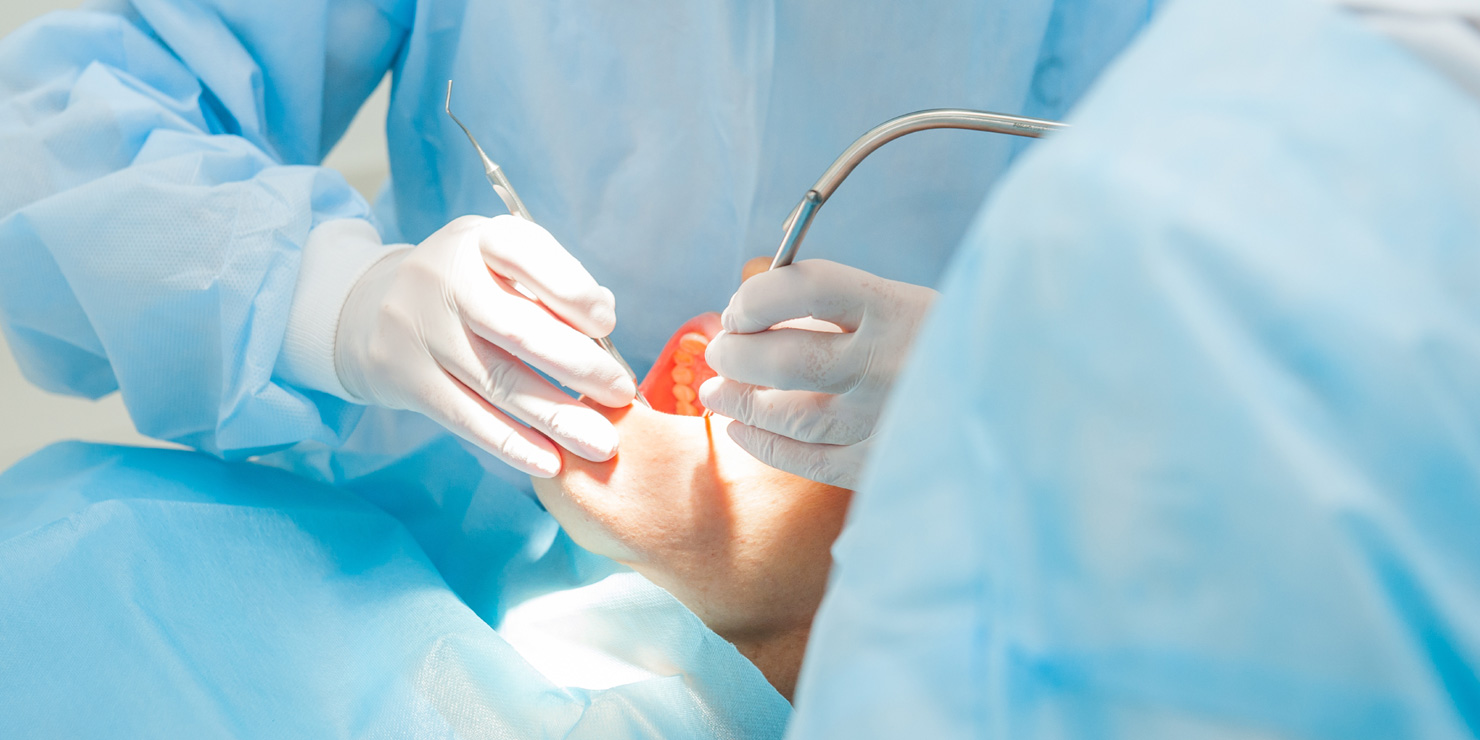Facing oral surgery can trigger anxiety, but understanding the complete process helps alleviate fears while ensuring proper preparation and recovery. The journey—from initial consultation through complete healing—follows a predictable path that becomes less intimidating with proper knowledge. Armed with accurate information about pre-surgical preparations, the surgical experience itself, and post-operative care, you can approach your procedure with confidence rather than apprehension.
At Park Smiles NYC, we guide patients through every stage of oral surgery with compassionate, comprehensive care. Our experienced surgeons prioritize your comfort while providing exceptional results using the latest techniques and technology. Whether you’re scheduled for wisdom teeth removal, dental implant placement, corrective jaw surgery, or another procedure, our team ensures you understand each step of your treatment journey.
Preparing for Your Oral Surgery
Proper preparation in the weeks and days before your procedure helps ensure both a smooth surgical experience and optimal recovery. During your initial consultation, your oral surgeon will thoroughly review your medical history, discuss anesthesia options, and outline specific pre-surgical protocols tailored to your procedure and health needs.
Your surgeon will provide clear instructions about eating and drinking restrictions prior to surgery. For procedures requiring sedation or general anesthesia, you’ll likely need to fast for 8-12 hours beforehand. This precaution helps prevent aspiration, a serious complication where stomach contents enter the lungs during surgery. Be sure to follow these directions precisely, as failure to do so may result in your procedure being rescheduled.
Preparing Your Home Recovery Space
Before your surgery date, prepare your recovery environment at home. Consider the following:
- Stock your kitchen with soft, nutritious foods and clear liquids
- Fill any prescription medications in advance
- Arrange for a responsible adult to drive you home and stay with you for the first 24 hours if you’re receiving sedation
- Set up a comfortable recovery area with pillows to elevate your head
- Prepare ice packs or cold compresses for swelling control
- Have entertainment options ready that don’t require much concentration
Addressing these logistics before surgery allows you to focus entirely on rest and healing afterward, rather than scrambling to meet basic needs while dealing with discomfort.
The Day of Surgery: What to Expect
On the day of your procedure, arrive at the designated time wearing comfortable, loose-fitting clothing. If you’re having IV sedation or general anesthesia, wear short sleeves to facilitate IV placement. Remove jewelry, contact lenses, and dentures or partial dentures before the procedure begins.
The surgical team will review your medical history once more, confirm your identity and the planned procedure, and address any last-minute questions. Your vital signs will be monitored throughout the surgery, regardless of the type of anesthesia used. Your surgeon may mark surgical sites in your mouth and take additional X-rays if needed for precise surgical planning.
Types of Anesthesia and Their Effects
Your experience during surgery will largely depend on the type of anesthesia administered. Your oral surgeon will have discussed these options during your consultation, considering both the procedure’s complexity and your comfort needs:
- Local anesthesia numbs only the surgical area while you remain fully conscious
- Nitrous oxide (laughing gas) provides mild relaxation while maintaining consciousness
- IV sedation induces a sleep-like state where you remain responsive but typically have no memory of the procedure
- General anesthesia renders you completely unconscious throughout the surgery
The surgical procedure itself varies greatly depending on what’s being addressed, from simple extractions lasting minutes to complex reconstructive surgeries requiring hours. Your surgeon will explain the specific steps involved in your particular procedure during your consultation.
Post-Surgical Recovery and Care
Immediately after surgery, you’ll be moved to a recovery area for monitoring as anesthesia effects subside. The surgical team will review post-operative care instructions, both verbally and in writing. If you’ve received sedation or general anesthesia, you might feel groggy or disoriented, which is why having a companion present to receive these instructions is essential.
Managing discomfort and swelling are primary concerns during the first few days of recovery. Your surgeon may prescribe pain medication or recommend over-the-counter options. Cold compresses applied to the face in 20-minute intervals (20 minutes on, 20 minutes off) during the first 24-48 hours can significantly reduce swelling and discomfort.
Diet and Oral Hygiene After Surgery
Maintaining proper nutrition and oral hygiene without disrupting the surgical site requires careful attention. Initially, stick to cool, soft foods that require minimal chewing—smoothies, yogurt, applesauce, and lukewarm soups are excellent choices. Avoid using straws, as the suction can dislodge blood clots and lead to dry socket, a painful complication after extractions.
Follow your surgeon’s specific instructions for oral hygiene. Typically, you’ll need to avoid brushing the surgical area for 24 hours, after which gentle cleaning with a soft toothbrush becomes important. Many surgeons recommend saltwater rinses starting 24 hours after surgery to keep the area clean while promoting healing.
Schedule Your Consultation Today
Understanding what to expect throughout the oral surgery process helps transform an intimidating experience into a manageable healthcare journey. At Park Smiles NYC, our surgical team combines advanced training with a compassionate approach to ensure your comfort at every stage. From our state-of-the-art facility on Park Avenue, we provide exceptional surgical care with a focus on patient education and support.
If you’re facing potential oral surgery or have questions about an upcoming procedure, we’re here to guide you through the process with expertise and understanding. Our surgeons have extensive experience in all aspects of oral and maxillofacial surgery, delivering outstanding results in a comfortable, patient-focused environment. To schedule your consultation or learn more about our services, call us at (212) 988-6724 or book an appointment online.



